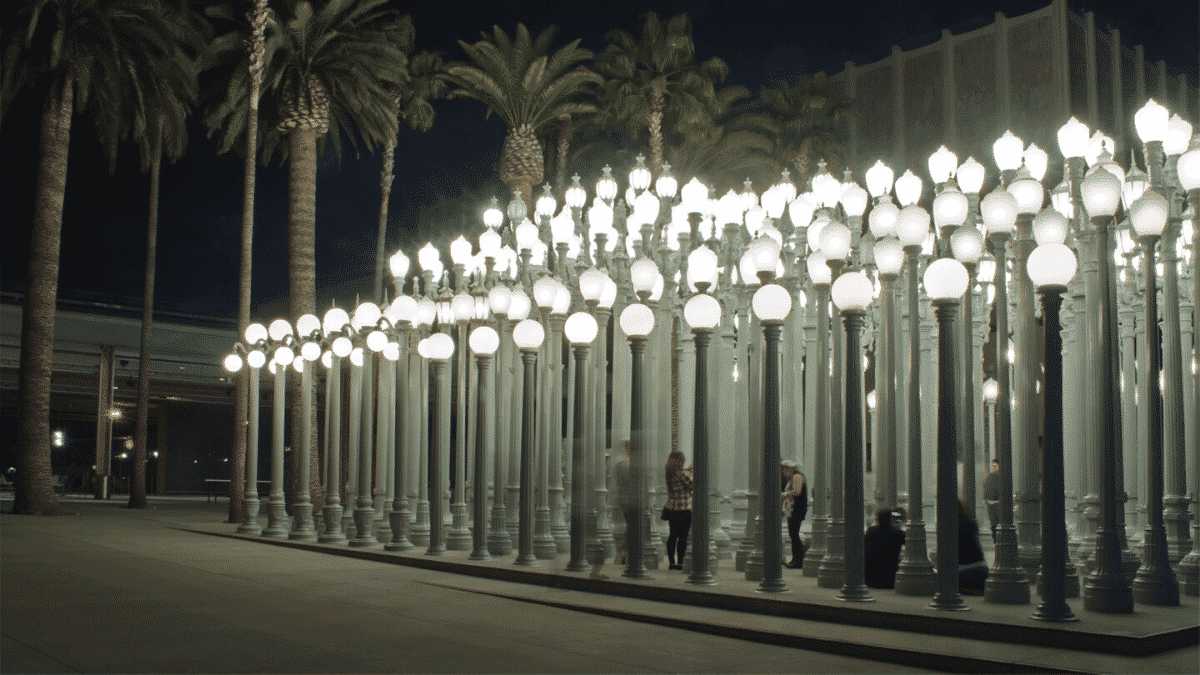3 Bizarre Copyright Stories You May Have Missed
Copyright can be a strange place...

Back in May, I penned an article entitled 3 Plagiarism Stories That You Need to Read. It was a look at three interesting and important plagiarism stories that, for various reasons, were not the subject of full articles.
However, this is a site focused on content misuse broadly and the intersection of the ethics of plagiarism and the laws that protect creative work. As such, we also talk a lot about copyright though, normally, we have the 3 Count column to cover important copyright news.
But that doesn’t mean it covers everything. Some stories get left off due to busy news days, others fall through the cracks and are missed. To that end, we’ve had a recent run of stories that, while maybe not the most life-changing, have been both interesting and bizarre.
To that end, here’s a look at some of the more unusual copyright news stories to cross my newsfeed in the past few weeks.
Chris Burden Estate Sues Indonesian Theme Park Over Duplicate Sculpture
This article by Maximilíano Durón at Artnews highlights the Indonesian theme park Rabbit Town.
The park is not a theme park in the sense we know it in the United States. Instead, it’s a park where visitors can go and take photos and selfies with various works of art. The problem is that the art is almost entirely unlicensed copies of public art displays from elsewhere in the world.
This includes their own version of Urban Light (shown above), a piece by artist Chris Burden that currently resides in front of the Los Angeles County Museum of Art. After learning about Rabbit Town, his estate attempted to reach out to the park and even considered offering a license to use the sculpture.
Unfortunately, their efforts were rebuffed and after delays caused by the international challenges in the case and the COVID-19 pandemic, they were able to file the lawsuit and have their first hearing scheduled for tomorrow.
The park has come under fire since its opening in January 2018 for its use of imitation artwork. This upset local artists not just due to the misuse, but to the fact the local art community was shut out of the project.
Imitation sculptures and art is very much a global phenomenon, with China recently passing legislation banning “copycat” buildings and works. However, a theme park centered around the idea of taking photos with imitation art is taking it to yet another level.
Website accused of Stealing Articles from Catholic News Sites
An article by Sam Lucero from Catholic News Service discusses the “Catholic Tribune Wisconsin”, a website that purports to offer local news to Catholics but, according to multiple sites, actually lifts content directly from other Catholic publications.
Raising both copyright and plagiarism questions, the site is accused of copying content from several diocesan newspapers without permission. However, while it would be easy to blame this on the work of a simple spammer, such as those we discussed in May that are enabled by the advertising industry, it’s actually part of a much deeper problem.
The site is owned by Franklin Archer, a company that operated hundreds of low-quality local news sites. Often referred to as “pink slime”, these sites rely on algorithmically generated articles, press releases and, in this case at least, stolen content.
When approached about the copying, Franklin Archer said that it was a mistake and that the articles were brought on as press releases. However, according to the original report, the articles pointed out to them have not been removed from the site as of June 15.
The site represents a new push for Franklin Archer into religious news as most of their other sites are purely secular local news content. This purpose of this network is not fully clear but it is widely believed to represent an effort to push a political agenda. Their main website also offers sponsored content as a means of advertising.
Producer Claims 6ix9ine Paid Him to Remove Copyright Claim

According to an article by Aleia Woods at XXL, after being released due to Coronavirus concerns, rapper Tekashi 6ix9ine released a music video for his new song Gooba. However, shortly after it was released, the video was pulled from YouTube following a copyright claim filed by Kenyan producer Magix Enga.
However, within hours of it coming down, the video was restored with 6ix9ine posting about the return on his Instagram. The matter seemed to be resolved.
This is normally where such a story either ends or turns into a lawsuit. However, this one took a different turn. In an interview with Rap TV, Magix made the bold claim that 6ix9ine had paid him 100,000ks, or approximately $900, to put the video back up.
Representatives for 6ix9ine have denied this saying that the video was restored after it was found to be a fraudulent claim. They added, “No monetary settlement was offered by anyone in our camp.”
This comes amid another controversy involving Magix, who is also working to distance himself from a company that has filed copyright notices claiming rights to the Tanasha Donna song Sawa. In that case, a company named Hexacorp is filing notices claiming to represent Magix. Magix claims no relationship with the company and says that the notices are fraudulent.
Bottom Line
Copyright is always a strange place. Even on the best of days, it’s wild and unpredictable. Sometimes, it goes well above and beyond.
Still, when it comes to copyright law even bizarre and funny stories are often very important. You never know what case might set precedent. However, even those that never make it to court can be signs of new trends to watch out for and potential new norms.
After all, what is strange and bizarre today can be come outright commonplace in no time. For proof of that, look at how much the world has changed in the past few months…
Image Credit: Photo of Urban Light is by Flickr user skinnylawyer / CC BY-SA
Want to Reuse or Republish this Content?
If you want to feature this article in your site, classroom or elsewhere, just let us know! We usually grant permission within 24 hours.
